How to reduce or eliminate the workplace health and safety risks from forklifts by making sure operators can get on and off safely.
Forklifts cause more death and injuries in workplaces than any other piece of equipment. This health and safety solution advises how workplaces can prevent workers getting injured when they get on and off forklifts. This includes:
- buying or retrofitting forklifts with good footing, anti-slip surfaces and grab handles
- ensuring operators maintain three points of contact when getting on and off forklifts
- providing forklift safety training for workers
What is the problem?
Workers being injured while getting on and off a forklift.
What are the risks?
Forklifts cause more workplace deaths and injuries than any other piece of equipment. One in three forklift-related injuries occurs when an operator gets on or off a forklift, often resulting in muscoskeletal back injuries.
What is a solution to the problem?
Put in place risk control measures to eliminate or minimise any risks. When identifying risk controls consider:
- purchasing or retro-fitting forklifts with good footing, anti-slip surfaces and grab handles
- ensuring operators maintain three points of contact at all times while getting on and off a forklift (see picture)
- making sure the operator’s seat and cabin are in good condition
- freeing operating and parking areas of uneven surfaces and obstructions reducing the number of times workers get on and off a forklift
- checking the park brake is set, the forks are lowered, and the controls neutralised when getting on a forklift
- providing information and training on correct techniques to get on and get off forklifts by ensuring three points of contact
- training operators not to jump from a forklift
A solution
Ensure forklifts have good footing, anti-slip surfaces and grab handles. MLA Holdings Pty Ltd, provide equipment that comes complete with front and rear grab handles, to ensure sufficient points of contact are available for entering and exiting forklifts safely.


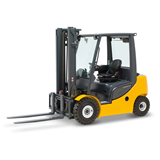
-160x160-state_article-rel-cat.png)
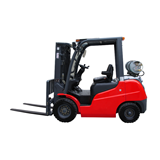
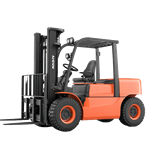
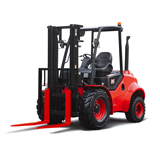



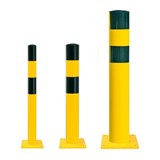


-160x160-state_article-rel-cat.png)

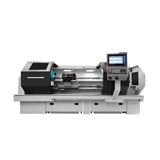









-205x205.jpg)
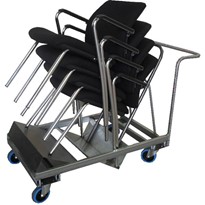
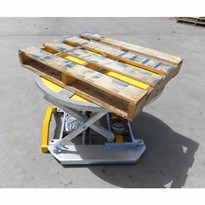
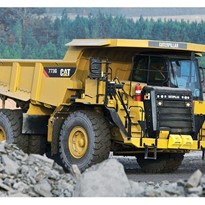

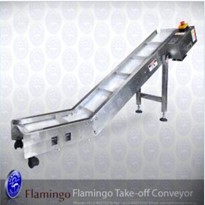



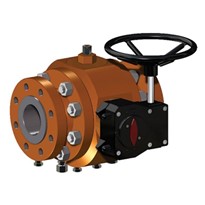
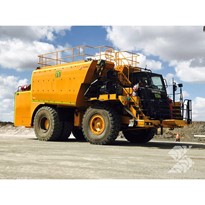
-205x205.jpg)


